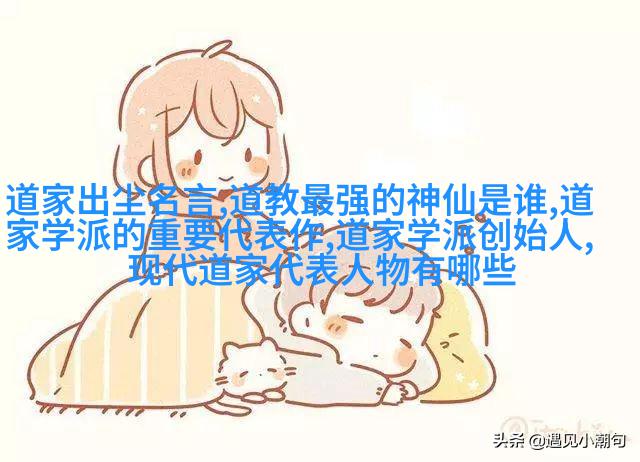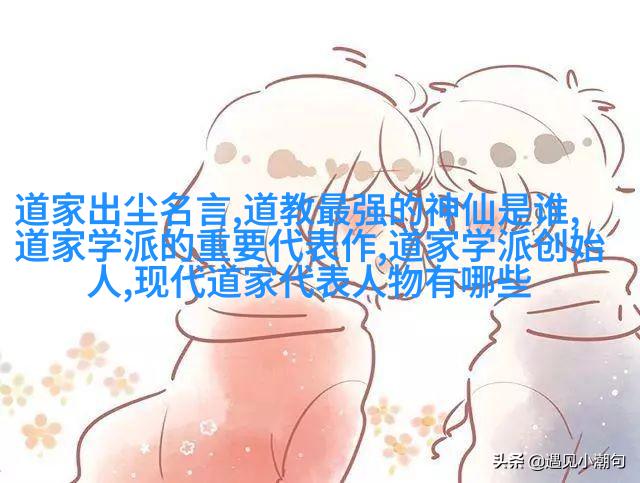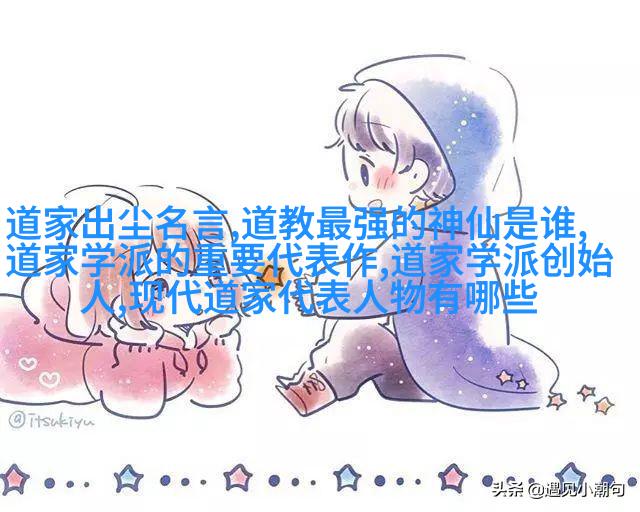What is Laozi's Teachings?

Laozi, a Chinese philosopher and founder of Daoism, lived in the 6th century BCE. His teachings are recorded in the classic text "Daodejing" or "Tao Te Ching", which contains 81 short poems that explore the nature of reality, ethics, and spiritual cultivation. This article will delve into an analysis of "Daodejing" full text and its translations.
What Does 'Wu Wei' Mean?

One central concept in Laozi's philosophy is Wu Wei (无为), often translated as non-action or effortless action. It refers to living in harmony with the natural order (Dao) by not forcing things to happen but allowing them to unfold naturally. In Chapter 27 of "Daodejing", it states: “The sage does nothing, yet there is nothing left undone.” Here lies the essence of Wu Wei - embracing simplicity and spontaneity.
How Does Daoism View Nature?

In his work, Laozi portrays Dao as a fundamental principle governing all existence - infinite, eternal, and beyond human comprehension. The Tao Te Ching describes this omnipresent force as both creative and destructive; giving rise to life while simultaneously dissolving it back into itself at death. For example, Chapter 25 reads: “Thirty spokes converge upon one hub / To make a cart wheel / But without the space within / Where none can see / There would be no cart wheel.”
Is 'De' Similar to Virtue?

Another key term found throughout "Daodejing" is De (德). While often translated as virtue or moral power', De signifies more than just being good or right; it encompasses qualities like integrity, sincerity, compassion & wisdom that flow from aligning oneself with Daos principles through wu wei practice. As stated in chapter 22: “A great nation is like a lowland valley—its people are simple-hearted & innocent”
Can We Find Inner Strength Through Simplicity?

Laozi argues for embracing simplicity through minimizing desires and reducing social complexity via renunciation & detachment from material possessions & worldly attachments seen here in chapter eight: “Those who know others are intelligent; those who know themselves have discernment” By letting go of excess baggage we may achieve inner strength
Why Do People Struggle With Self-Cultivation?
Chapter ten offers insight into why people find self-cultivation challenging when it says “It’s because they don’t understand what brings ruin” meaning that individuals fail due to their inability recognize what leads them astray Consequently understanding ourselves better could help us cultivate our own character effectively



